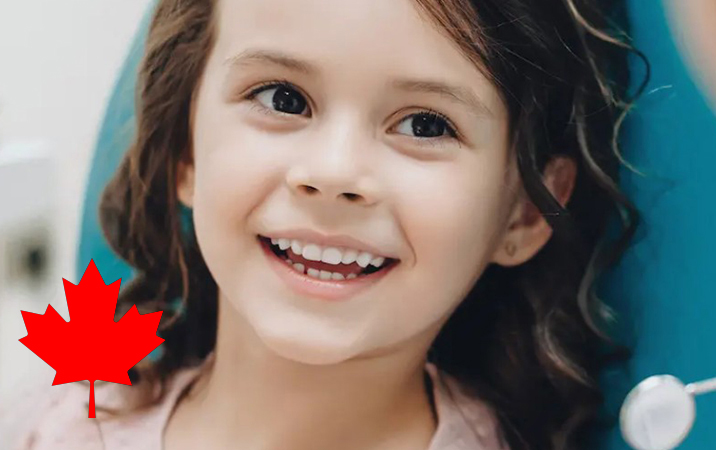Canadian Dental Care Program

At Smile Town Dental Group, we’re dedicated to providing high-quality, accessible dental care for all members of our community....
Learn More

At Smile Town Dental Group, we’re dedicated to providing high-quality, accessible dental care for all members of our community....
Learn MoreSorry, the page you have requested does not exist.
520 North Service Rd., Grimsby, ON L3M 09C
| Monday | 8:00am to 5:00pm |
| Tuesday | 8:00am to 5:00pm |
| Wednesday | 8:00am to 7:00pm |
| Thursday | 8:00am to 6:00pm |
| Friday | 8:00am to 1:00pm |
| Saturday | 8:00am to 1:00pm (once a month) |
| Sunday | CLOSED |